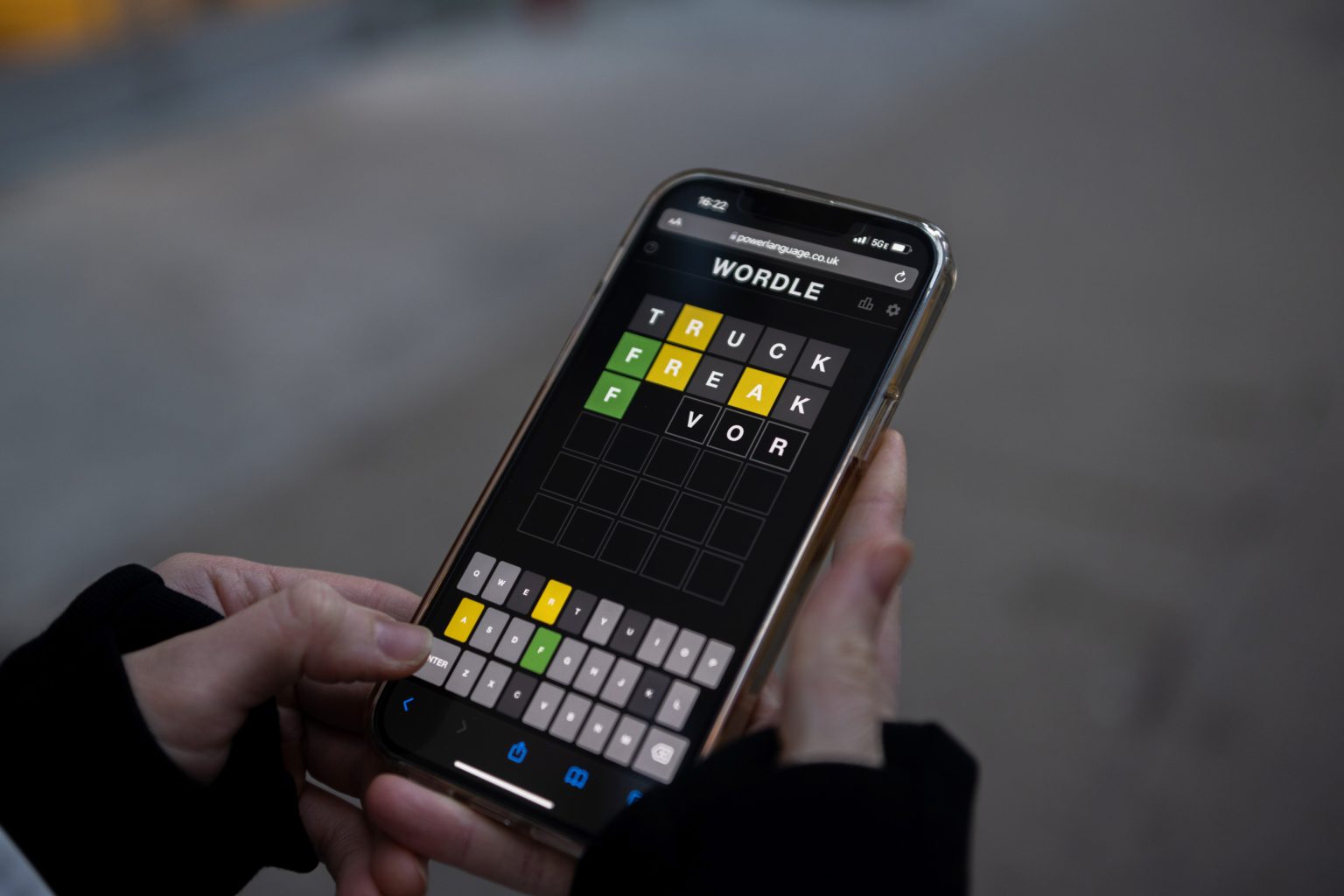Wordle, the globally acclaimed word puzzle owned by The New York Times, has become a daily ritual for millions, offering a brief yet engaging mental workout. Its simple premise involves guessing a five-letter word within six attempts, aided by color-coded feedback. Green signifies a correct letter in the correct position, yellow indicates a correct letter in the wrong position, and gray reveals a letter not present in the target word. This minimalist design, combined with the daily refresh of a new word, creates a compelling loop of challenge and reward. Born as a personalized gift from software engineer Josh Wardle to his puzzle-loving partner, Wordle’s journey from a niche online game to a mainstream phenomenon is a testament to its captivating nature. Its rapid ascent from 91 players in late 2021 to millions by early 2022, culminating in its acquisition by The New York Times, speaks volumes about its addictive appeal and broad accessibility.
The allure of Wordle lies in its elegant simplicity. Requiring only a few minutes of investment, it provides a readily accessible mental break amidst the demands of daily life. This ease of engagement, coupled with the social element of sharing results and comparing strategies with others, has fostered a vibrant community around the game. The daily challenge of deciphering the hidden word, aided by the tantalizing clues provided by the color-coded tiles, creates a compelling sense of intellectual pursuit. Furthermore, Wordle’s accessibility extends beyond its simple rules and short playtime. The game’s lack of complex mechanics or demanding visuals makes it playable on a wide range of devices, further contributing to its widespread adoption.
For those seeking a gentle nudge towards the solution, publications like Newsweek offer daily hints, carefully crafted to guide players without revealing the answer outright. These clues often involve hints about the word’s part of speech, its usage context, the number of vowels it contains, and synonyms that might spark recognition. They also might allude to the Scrabble point values of specific letters, providing another avenue for deduction. These hints act as stepping stones, encouraging players to engage their vocabulary and problem-solving skills while still leaving room for the satisfying “aha!” moment of discovery.
In this particular instance, the Wordle puzzle featured the word “affix,” a word with dual functionality as both a verb and a noun. As a verb, it denotes the act of attaching something physically, like a painting to a wall, or metaphorically, like a signature to a document. As a noun, it represents a grammatical element – a prefix or suffix – attached to the beginning or end of a word to modify its meaning. The clues provided gradually unveiled these facets: the word’s dual nature, its relevance to items like letters and posters, the presence of two vowels, and synonyms such as “stick,” “fasten,” and “attach.” The final clue pointed towards the letter “x” at the end of the word, a high-scoring tile in Scrabble.
This example illustrates the strategic approach to solving Wordle puzzles. Players can begin by using common letters and vowel combinations, leveraging the color-coded feedback to refine their guesses. The clues provided offer further direction, prompting players to consider different word meanings and usage contexts. This process of elimination and deduction, combined with a touch of linguistic intuition, ultimately leads to the triumphant revelation of the hidden word. The daily cycle of challenge, strategy, and eventual success is what fuels Wordle’s enduring popularity.
Whether solved independently or with the aid of hints, Wordle provides a satisfying sense of accomplishment. The game’s brief duration and clear objective make it a perfect fit for busy schedules, offering a moment of mental stimulation without demanding a significant time commitment. The daily refresh ensures a consistent stream of new challenges, keeping players engaged and preventing the game from becoming stale. This combination of accessibility, challenge, and community has solidified Wordle’s position as a beloved word puzzle phenomenon.














